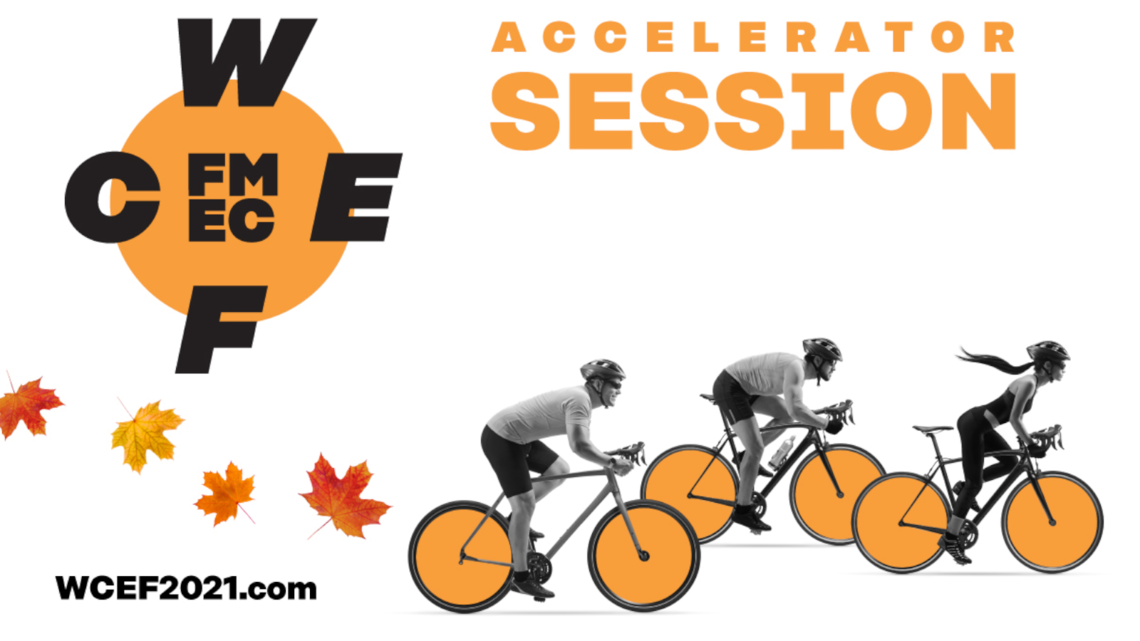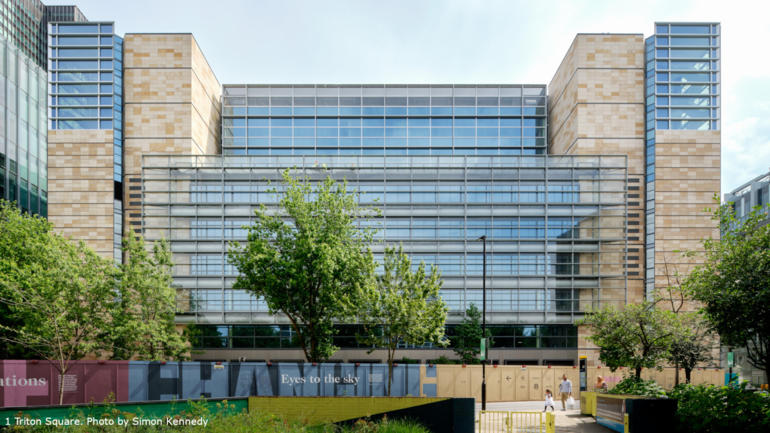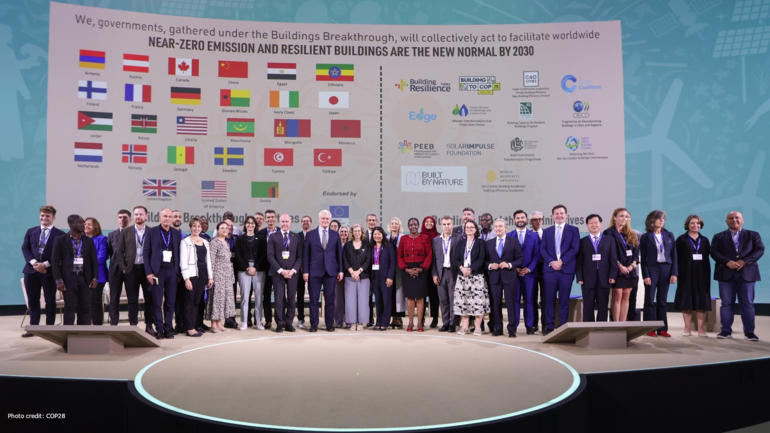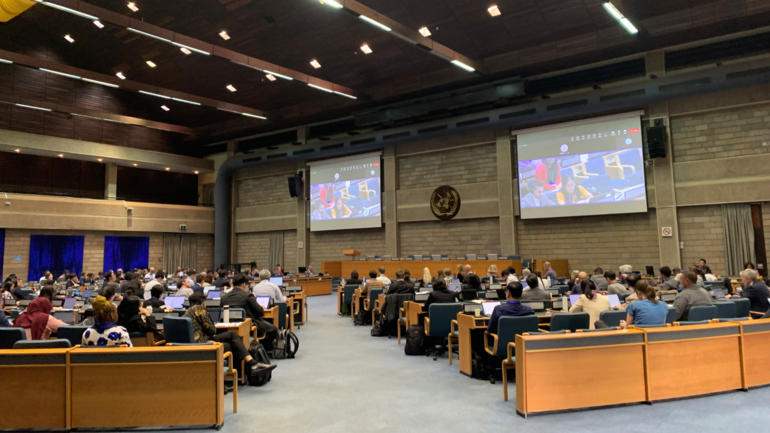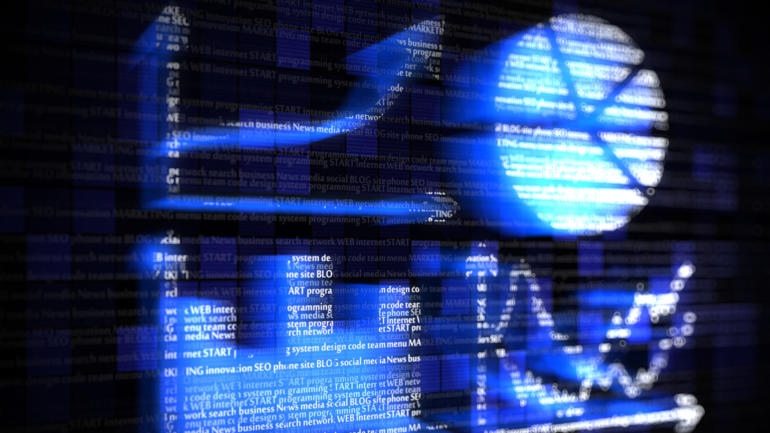Held over three days, and 39 sessions, the World Circular Economy Forum 2021 organized by the Finnish Innovation Fund Sitra and Environment and Climate Change Canada was centered on the theme of ‘Game changers! Seizing the circular opportunity’.
This year’s North American event saw almost 9,000 registrations from 159 countries, highlighting the circular economy's growing global momentum. WBCSD is a proud strategic partner of the Forum, going back to its inaugural version in Helsinki four years ago. This year, we hosted or co-hosted four Accelerator sessions with some great takeaways.
1. Corporate plastic stewardship: The need for disclosure and measurement: In this session, we discussed alongside WWF, Nestlé, Dow and Quantis the need for coordination, standardization and harmonization of policies, efforts and metrics. It was also noted the integral role that a global treaty would play in achieving this convergence while providing an investment opportunity.
2. Circular Electronics: Pursuing a new normal: This was a session with Circular Electronics Partnership (CEP) and the Global Electronics Council and we spoke with ERI, ITRenew, Dell Technologies & Security Matters about how to turn the tide on e-waste, today’s fastest-growing waste stream. The discussion centered on the opportunity that CEP offers as a holistic and coordinated approach to respond to these common roadblocks. The published CEP vision and Roadmap2030, which was developed over the course of 2020 through an intensive collaboration of over 30+ global companies, is both a list of actions for CEP to address in the next 10 years, as well as an invitation to others in the space to come forward and collaborate on these shared challenges.
3. Making the Business Case for Advancing a Low-carbon Circular Built Environment: A session where Saint-Gobain with Circular Economy Leadership Canada and UN-One Planet Network highlighted the business case for circular solutions in the built environment.
In the built environment sector there is little awareness of the environmental, social and economic value of circular solutions and little understanding of what circular economy means for the sector. The session addressed initial insights from WBCSD’s and World Green Building Council’s upcoming business case report.
4. Measuring what matters; opportunities at the nexus of the public and private sectors: This session was co-organized with PACE and Circle Economy. Achieving a circular economy requires system change that can only be realized if all players in the system work towards common targets and indicators that help them measure what matters to deliver benefits for both people and the planet.
DSM and Suez joined forces with key stakeholders calling for the convergence of efforts and improving data transparency and traceability. To facilitate collaboration across all key players and sectors, PACE and Circle Economy are hosting the Circular Economy Indicators Coalition (CEIC) to create a space for metrics users and developers. We’re also proud of the role that WBCSD’s Circular Transition Indicators continue to have on the global circular metrics conversation.
Watch this video for a quick wrap up

